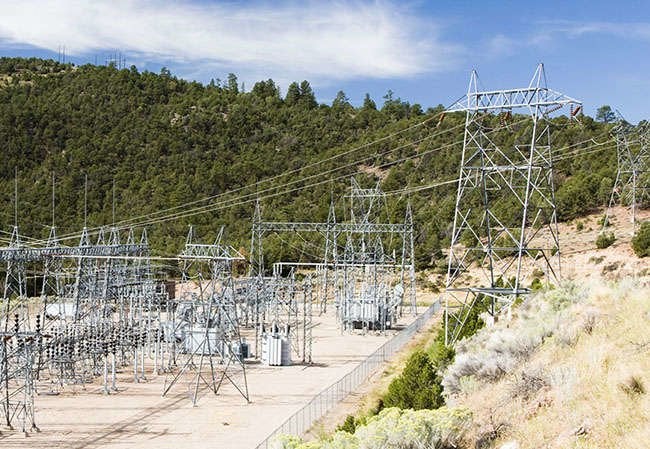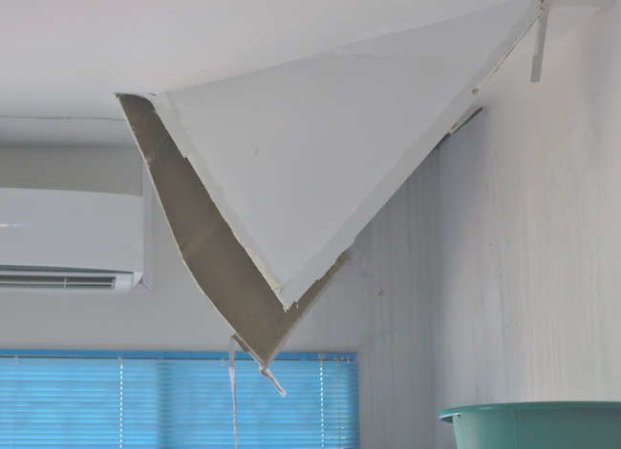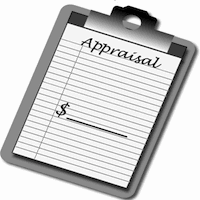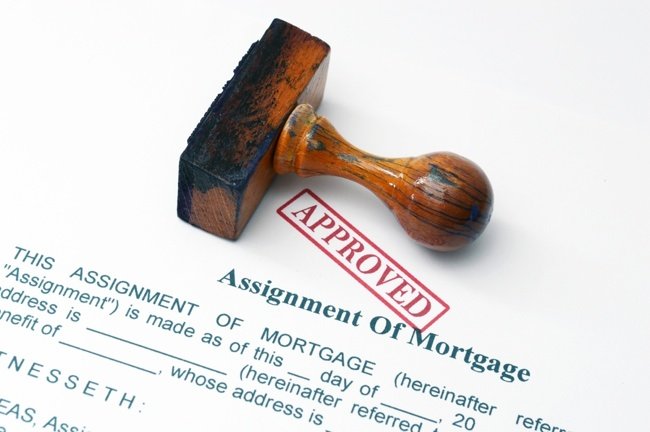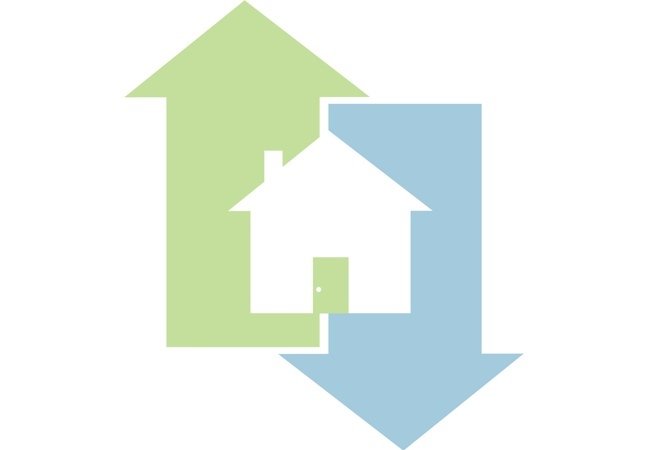We may earn revenue from the products available on this page and participate in affiliate programs. Learn More ›
Buying a home involves a lot of moving parts, and those parts need to move in sync. Complicating matters even more, many buyers spend so much time focusing on the home itself that they often forget that it’s actually the mortgage approval process that may make or break the deal. A mortgage rejection can be devastating, leaving you with the belief that you were treated unfairly. On the other hand, obtaining a mortgage that you can’t afford could eventually result in a foreclosure. If you go into the process aware of all the steps and potential pitfalls, it will go more smoothly, and you’re more likely to end up with the right mortgage for you. Start building your mortgage savvy with these five things your mortgage lender wishes you knew.
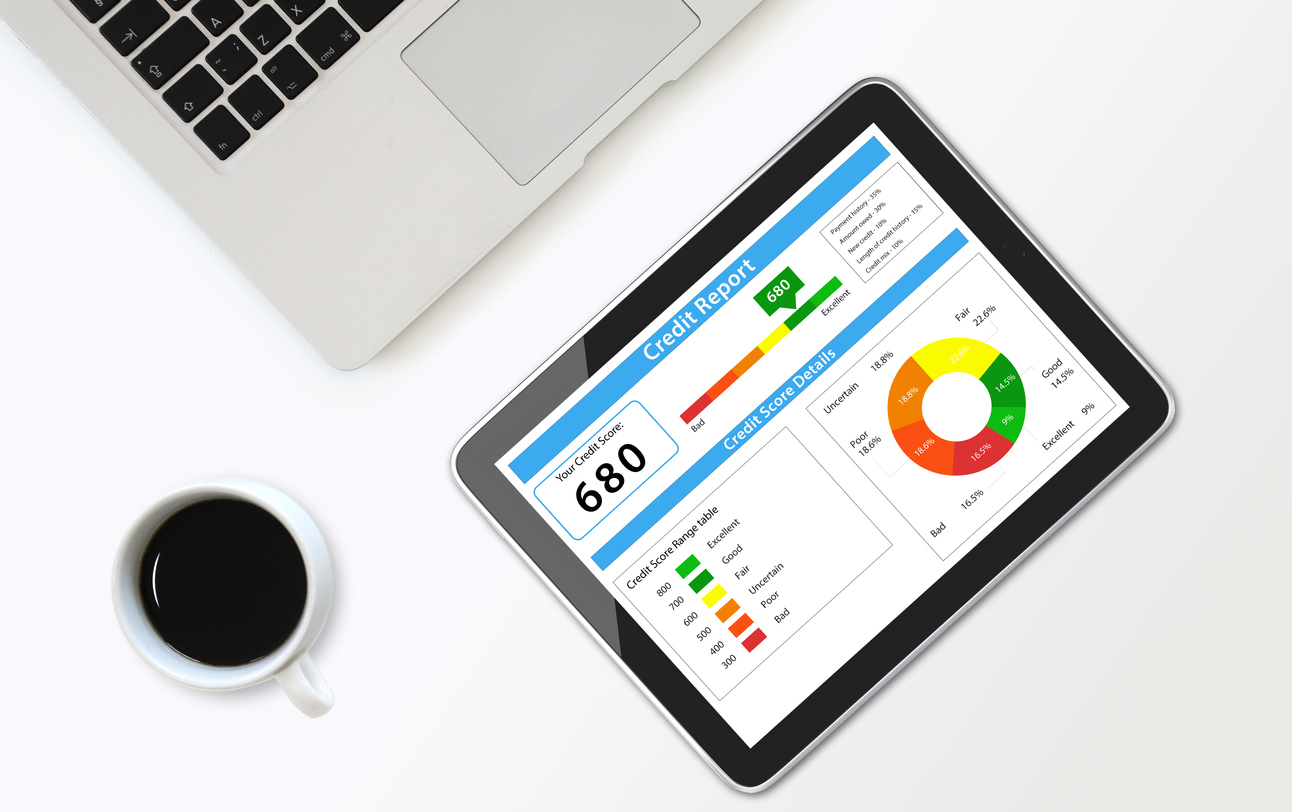
You should research your credit history and credit scores in advance
If you want to buy a house, you need to know the magic number—your credit score—and you need to know it as soon as possible. If it’s not good, you’ll need plenty of time to try to improve it. According to Experian, credit scores are defined as follows:
800 – 850: Exceptional
740 – 799: Very good
670 – 739: Good
580 – 669: Fair
300 – 579: Very poor
The specific score desired may vary by lender, but as a general rule, lenders want borrowers with good credit. A very good or exceptional score can lead to better interest rates and terms. However, if you don’t have at least a fair credit score, you may not even qualify for a conventional mortgage, and if you do, your interest rates could be astronomical.
“Most credit card companies—like Visa, Mastercard, and Discover—offer free services so all of their customers can obtain their credit scores for free,” says Michael Borodinsky, VP/regional branch manager at Caliber Home Loans in Edison, New Jersey. “In addition, credit agencies such as Experian offer a more comprehensive way of looking at one’s credit history and current scores,” he says.
RELATED: 9 Reasons You Might Not Get a Mortgage
You should work with a mortgage lending professional to gauge your purchasing power in advance
Whether you’re a first-time buyer or it’s been a few years since you were last house-hunting, it’s best not to go it alone. “Working with a mortgage professional will help you determine how much of a mortgage loan amount you are qualified for, let you obtain a current read on mortgage rates, etc.,’ Borodinsky says. For example, most buyers assume they need a 20 percent down payment, but according to Borodinsky, your mortgage lender knows there are many programs that allow for much lower down payment amounts. “In addition, there are down payment assistance programs available and local down payment grants offered to qualified buyers, depending on location.” Working with a mortgage lending professional can help you discover creative ways to reach your homeownership dreams.
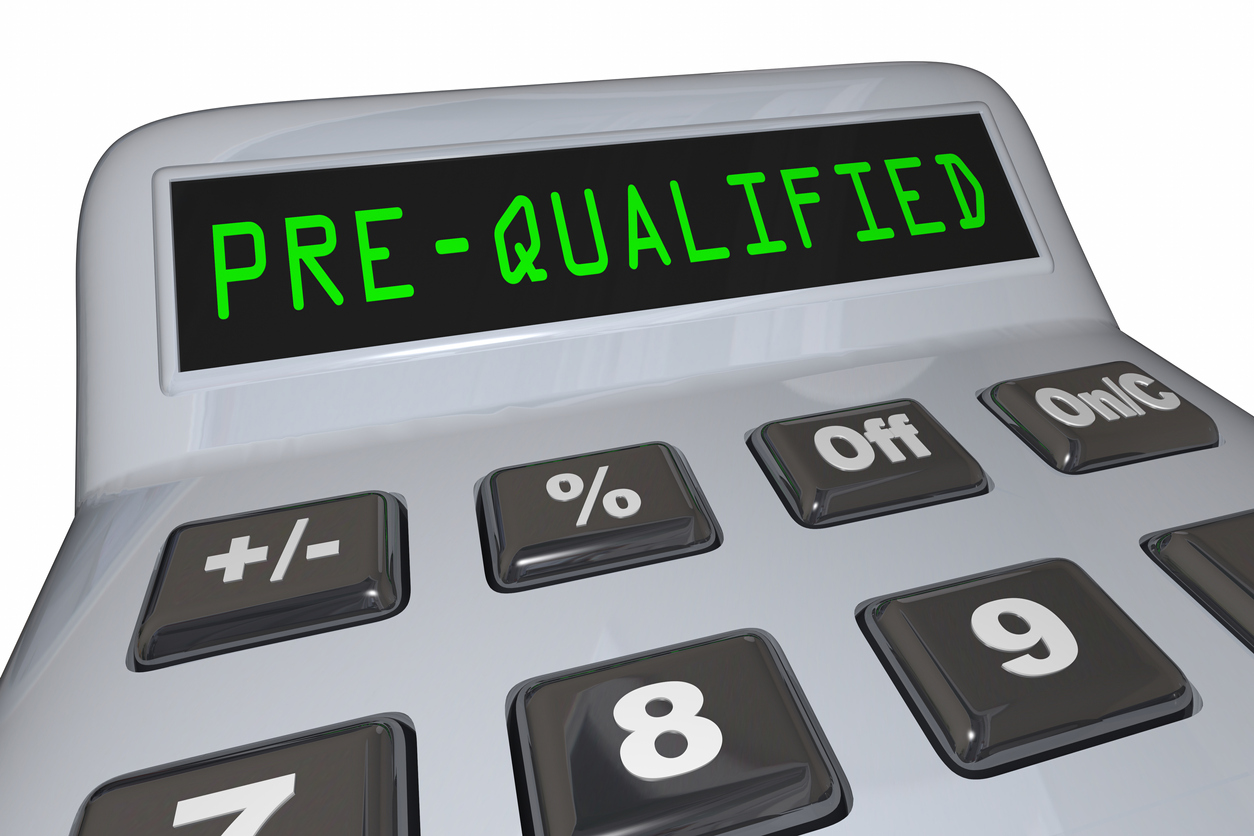
You should get prequalified before you start house-hunting
You may be wondering why prequalification is so important when you’re just in the “looking at houses” phase. “While this may not seem like a big deal, early prequalification is becoming even more essential in today’s tight market,” explains Andrina Valdes, COO of Cornerstone Home Lending in Houston, Texas. With home inventory currently at an all-time low, she says there’s a lot more buyer competition. “First and foremost, prequalifying for a mortgage (which can be done online or via an app) can tell you exactly how much house you can afford so you don’t waste time hunting in the wrong price bracket.”
As well, prequalification makes you more appealing to a seller, especially in a competitive market. “A prequalified buyer who walks into a multi-offer situation may look more attractive to the seller because their loan is less likely to fall through, and the sale is also more likely to close quickly compared to a buyer who hasn’t started the mortgage process yet,” Valdes says.
You need to purchase home insurance
Another thing mortgage lenders wish you knew: You’ll need home insurance before you close. “No matter what kind of loan or property you are purchasing, many buyers either don’t know or forget to purchase home insurance before the closing date,” says Loren Howard, founder of Prime Plus Mortgages in Scottsdale, Arizona. “This can actually delay your close and cost you money in fees, and you can also lose your property if you don’t close, so it’s so important to make sure you have home insurance.” The best homeowners insurance companies like Allstate offer homeowners insurance in many parts of the country. Home buyers may also want to consider regional providers and insurance companies with a smaller footprint.
RELATED: What to Know About Paying Off Your Mortgage Early

You should set aside funds for extra expenses
While most buyers are paying attention to the down payment, which may not wind up being as high as they think, they tend to overlook other costs. “Most first-time home buyers may not know that they’ll need extra for various possible charges, including closing costs, homeowners insurance, potential HOA fees, etc.,” explains Valdes.
The best way to avoid this mistake? Ask your loan officer for a list of exactly what you may need to pay for. “Your loan officer should also be happy to tell you about some workarounds that might save you some cash, like getting your closing costs covered by a seller, which may be more likely to happen if a seller wants to close the deal fast,” Valdes says. “Closing costs typically run 2 to 5 percent of the home’s purchase price, and so, if a seller agrees, this could save you over $3,000.” But regardless, you need to know and be prepared for all of the costs you may be expected to pay for at closing.






